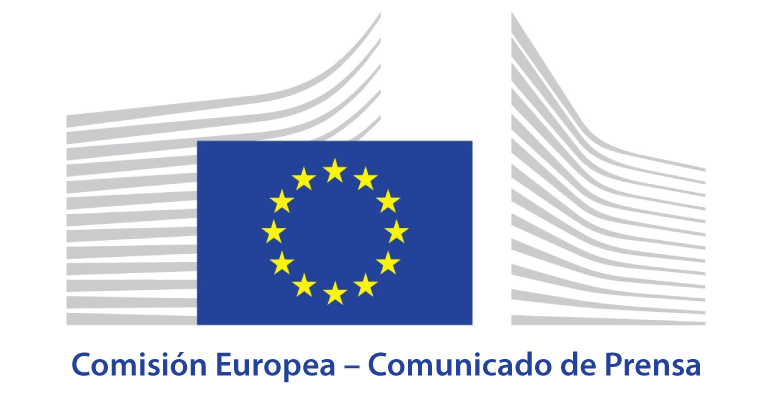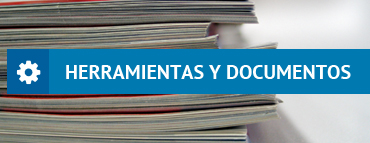Hana Kolić, Policy officer - Disaster Risk Reduction & EU Aid Volunteers European Commission's Department for European Civil Protection and Humanitarian Aid Operations (ECHO)
01 November 2017
The European Commission has for years been developing methods, building risk evidence and supporting capacities for better risk management and for implementation of the disaster risk reduction programme globally.
More than twenty years ago, the Commission started DIPECHO, a people-oriented disaster preparedness programme helping communities at risk of disasters outside the European Union to better prepare. It has since invested more than €325 million to boost communities' resilience and reduce their vulnerability.
In Europe, the EU Civil Protection legislation has a strong focus on prevention and preparedness policy and action. The European Commission has facilitated a number of initiatives and efforts within Europe to enable mutual learning on disaster risk management through exchange of best practices and peer reviews; to build and reinforce capacities and improve the knowledge-base on risks. The Commission has fostered EU Member States' initiatives to carry out comprehensive national risk assessments and design disaster risk management plans.
Nevertheless, the challenges still prevail, in Europe and around the world.
We have recently witnessed them in this region, Latin America and Caribbean. An unprecedented level of disasters, several earthquakes and hurricanes, causing thousands displaced and evacuated, in addition to human causalities and economic losses.
In Europe, extreme forest-fires were observed in at least ten countries of the Southern Europe and Mediterranean this summer alone. The season has been marked by significant fatal episodes, including the third most severe forest-fire related incidents in Europe since the Second World War. These disasters are causing huge economic damage, hundreds of deaths and thousands affected.
All countries continue to be vulnerable to disaster risks.
This trend is set to continue, as exposure in hazard-prone areas grows. This is particularly due to an increase in weather- and climate-related hazards. For example, we know that due to the climate change hurricanes in the Atlantic Ocean should generally grow stronger, larger and rainier by the end of the century. In Europe by 2100, weather-related disasters could affect two-thirds of the European population annually and weather-driven hazards could cause 150 000 deaths each year.
Never before has there been a stronger call to join global efforts to make our world more resilient. We have to act now.
- Implementing the Sendai Framework for Disaster Risk Reduction is paramount, across the globe. The Sendai seven targets guide us in its implementation. Data and evidence help us in policy making and delivery of concrete actions – to conduct better risk assessments, develop disaster risk reduction strategies and improve prevention and response at local and national scale. An open and constructive dialogue with all stakeholders promoted by Sendai should facilitate delivery of our common commitments.
- Continuous investment in disaster risk reduction, in particular in the most exposed and vulnerable areas, will help prevent increasing damages and lives lost. Going forward, it is also important to integrate the future impacts of climate change in our investment plans.
- Community resilience, local ownership and leadership drive lasting solutions to cope with disaster risk and shocks. We have to consider vulnerability of poor people and other vulnerable groups, and their well-being losses caused by disasters.
Saving the human lives and reducing the economic cost of disasters require robust measures and strong disaster risk governance at all levels – from local and national to regional and global. The European Commission and the United Nations Office for Disaster Risk Reduction (UNISDR) have worked together for many years to support this vision, and to advocate and enable the communities in the LAC region and globally to assume their part of the shared responsibility to reduce risks and vulnerability.
Our partnership is founded on common values and joint commitment to the disaster risk reduction cause, and on our shared aspiration that disaster risk reduction is the key element to achieving sustainable development.
The European Commission will maintain its active role to contribute and implement Sendai in collaboration with UNISDR. We will continue to work together to strengthen political commitments to disaster risk reduction, ensure participation of all stakeholders and agree on practical methods to guide implementation of the disaster risk reduction agenda.
Yamada et al. 2017. Response of Tropical Cyclone Activity and Structure to Global Warming in a High-Resolution Global Nonhydrostatic Model. Journal of Climate, in press.
Haarsma, R. 2013. The future will bring hurricanes to Europe. The Conversation (online)
Forzieri et al. 2017. The Lancet Planetary Health. Increasing risk over time of weather-related hazards to the European population: a data-driven prognostic study. The Lancet Planetary Health, in press.
.




